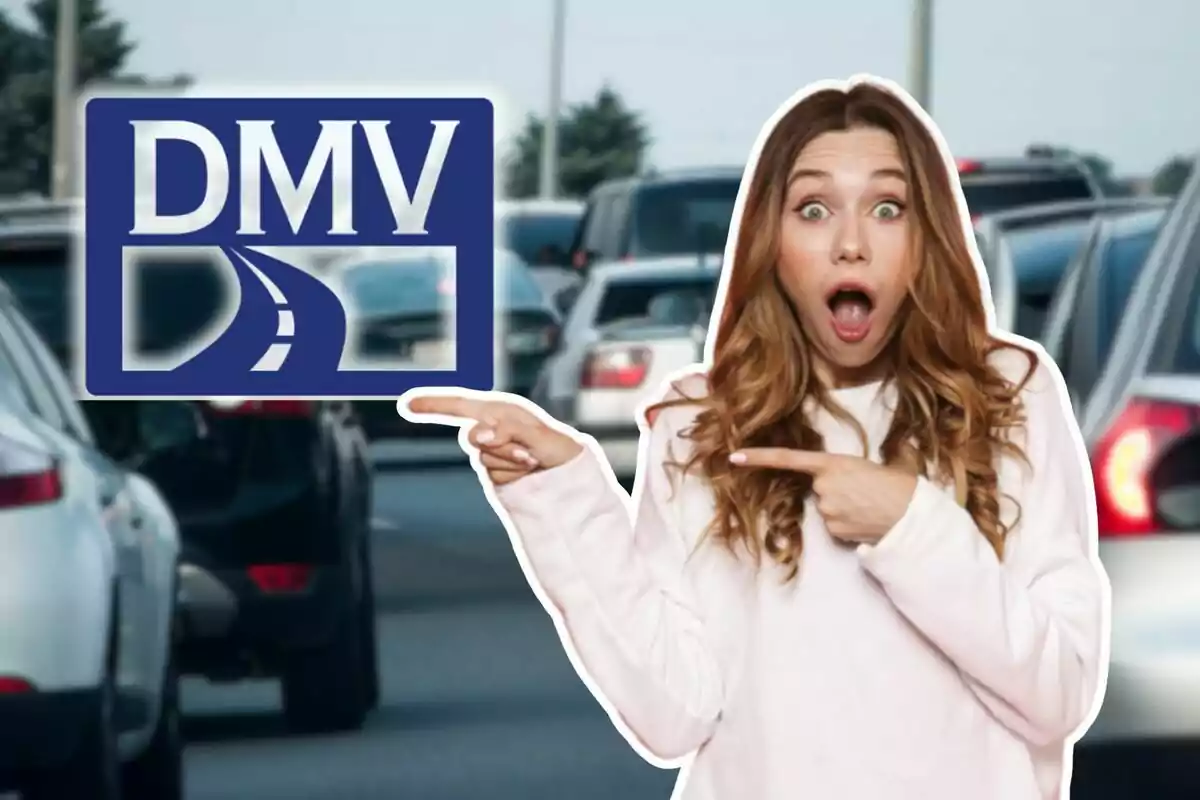Recently, alarming posts have circulated on social media about the elimination of automatic extensions for renewing driver's licenses in the United States. Although the news sounds official, it's nothing more than a misunderstanding. In reality, there isn't a national decree from the Department of Motor Vehicles (DMV) that cancels this type of extension on a widespread basis.
The confusion comes from the misinterpretation of decisions made by some states. Despite the rumors, there aren't any immediate federal changes; the truth is that automatic extensions haven't been the norm since the pandemic. That doesn't mean DMV has established a new nationwide rule that affects all drivers.

What's really happening with driver's licenses?
The driver's license system in the United States isn't governed by a single federal regulation. Instead, each state has its own legislation regarding licenses, their renewal, and grace periods. That's why decisions about renewals, required in-person assistance, and extensions vary significantly from state to state.
For example, in North Carolina, lawmakers are proposing an opposite measure: allowing standard licenses to remain valid for two years (2 años) after the printed expiration date. This initiative aims to ease congestion at DMV offices and make renewal easier during times of high demand. What's happening in North Carolina doesn't reflect a national change, but rather a solution tailored to local needs.
The confusion about automatic extensions
During the pandemic, some states, such as California, implemented automatic extensions to prevent older people from having to go to crowded offices. These extensions were temporary, but they've led to the current confusion, since many believe they've become a permanent norm. In reality, these measures ended some time ago.

House Bill 821 in North Carolina is an example of how states can offer solutions to their own challenges. This bill states that a Class C driver's license can remain valid for up to two years (2 años) after its expiration date, as long as it's not suspended. In addition, the state DMV has extended its service hours and allows walk-in service all day, which makes the process easier for residents.
What changes will apply in 2025?
At the federal level, the only major reform that will affect driver's licenses is the implementation of REAL ID. Starting May 7, 2025, it will be necessary to have a REAL ID card or a passport to fly within the country or access certain federal buildings. However, this change refers only to the documents that must be presented to TSA, not to how often driver's licenses must be renewed.
How can you know if your license is up to date?
To avoid problems with renewals, it's essential that you check your license's expiration date. In most states, you can renew it online months in advance. Make sure you complete the process in time and always consult the official DMV website to avoid scams from fake appointment sites.
If you're a North Carolina resident, keep in mind that HB 821 doesn't cover suspended licenses or REAL IDs that have been expired for a long time. If that's your case, follow the instructions in the bill and schedule your appointment in advance.

